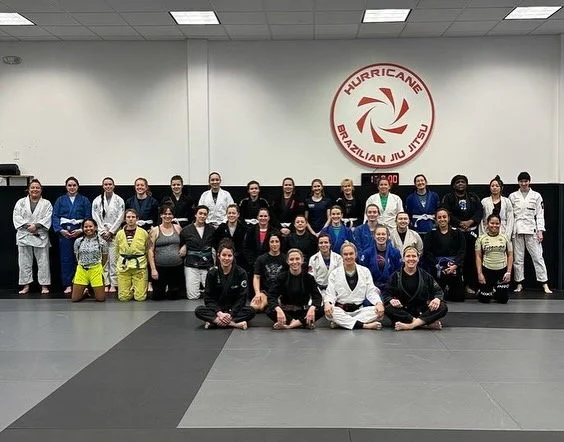Of many major life events, several stand out as game changers.
It's been 20 years today since a car accident crushed my ankle, not my spirit. I didn’t know if I’d walk again, let alone play beloved sports. Without answers, I grieved what my life was before the accident and feared what it would look like moving forward or if it would move forward. It was hard. It was bitter. I had to ride many waves of emotions for a long time. I talked to trusted others and I kept doing what I could physically.
Another major life event occurred 6 years ago when my father passed unexpectedly. The grief response to this was profound and familiar, I knew these waters, but it was no less difficult. At his funeral, a story of a zen master monk was told to us that was a powerful metaphor:
A zen master had an unhappy student, complaining of suffering, who was instructed to put a handful of salt in a cup and drink it. The student took one sip and spit it out because it was so bitter. The teacher said to the student, “let's go walk, we’ll empty your cup in the lake and wait.” The student poured the cup of salt water in the lake, and after some time the teacher instructed the student to refill the cup from the lake and to take a sip. The student sipped and said, “This water is good, I don’t taste salt.”
The master said, “The pain of life is salt. The amount of pain in life remains the same, the amount we taste depends on the container we put it into.” When we share the “salt,” it is diluted. We can support each other by sharing our salty cups of water with the bigger pool of our group. We can also enlarge our sense of things, make our hearts bigger with compassion and empathy, being a lake instead of a cup for others.
Sharing grief or “salt” is a necessary part of addressing it. Talking about your “salt” with others is one way to dilute it. If they are good at holding space for you to talk freely, your circle of supporters are the “lake.” It’s not a burden for trusted others, it’s a mutual call to open our hearts to each other and be more compassionate with each other in our shared vulnerability. Ideally, we feel our hearts breaking, and we share this to recover and evolve into greater, stronger compassion for each other rather than harden, avoid, or disconnect. In some circles, this is characterized as warriorship.
Another way to dilute “salt” is sharing presence in physical activity. After my father passed, I kept showing up as usual to practice jiu jitsu even through teary eyes, sometimes actively weeping. The jiu jitsu mats and my training partners created a powerful physical activity to process grief. Training partners rolled with me, we sweated on each other, and they helped me process “salt,” we didn’t have to talk about it, it was a felt experience.
My heart forever expands to hold and share the pain of others. I do this because I am versed in holding suffering, my own and others’. It is a practice, like anything else.
Whatever level of salt you have, come to class, share some sweat and “salt.” Your jiu jitsu community can be an effective “lake.”
Darla Sedlacek, Ph.D. is a black belt, instructor, coach, competitor and psychologist from Cleveland, Ohio. She teaches a variety of classes at her home school including women’s classes and competes often. As a psychologist, she’s in general private practice with a specialty in sport and performance psychology.
Insta: @DarlaSed https://www.instagram.com/darlased/
Insta: @morewomenonthemats https://www.instagram.com/morewomenonthemats/
Fb: Morewomenonthemats https://www.facebook.com/groups/1894779177429375
Web:

